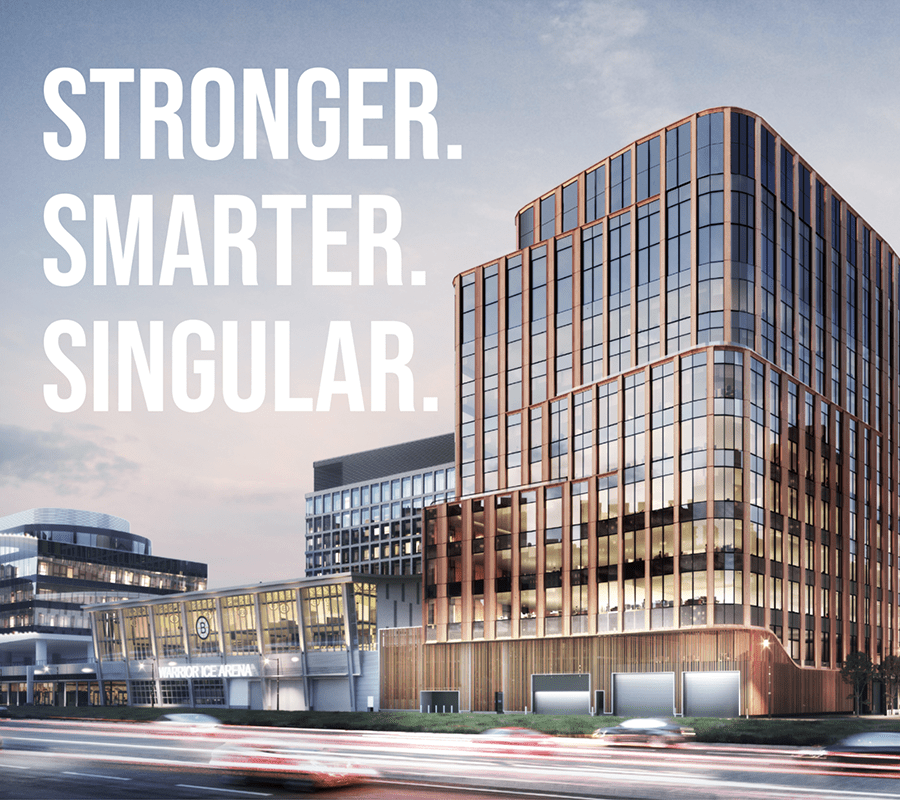
Divine Intervention
In the dynamic landscape of life sciences real estate and how companies position their assets and brand, the specter of climate change presents a distinctive challenge, particularly for coastal properties. As natural disasters become more frequent and costly, developers are confronted with escalating risks and expenses. For companies seeking to cultivate a resilient brand image, embracing sustainability in the face of climate adversity becomes a strategic imperative. The proactive integration of eco-conscious practices and resilience measures is not just a cost but an investment in a brand’s commitment to navigating the unpredictable climate landscape. High-risk properties like the CO OP branded Cambridge Crossing by DivcoWest, Beacon Capital’s 2 Harbor or Lincoln Property Co.’s Seaport Circle outlined in Bisnow’s Lab Leak: How Biotech Buildings Face Flood Risks from Climate Change highlight the industry’s need for strategic solutions. @CO OP recently branded @ForumBostonLanding, a life science development by @lendlease and @ivanhoecambridge which: A 97% electric building, Net Zero Carbon operational day 1, & building design targeting 90% fossil fuel reduction (to name a few). This kind of development focus and commitment makes smart business, sustainability and community sense.
Forward-thinking companies like the above listed can leverage their brand to champion not just property-level resilience but engage in community-level initiatives, aligning their brand values with broader neighborhood protection plans. This approach not only fortifies businesses against climate-related challenges but also positions its brand as a beacon of responsible development, forging a lasting connection with stakeholders who value sustainability in the face of a changing world.

